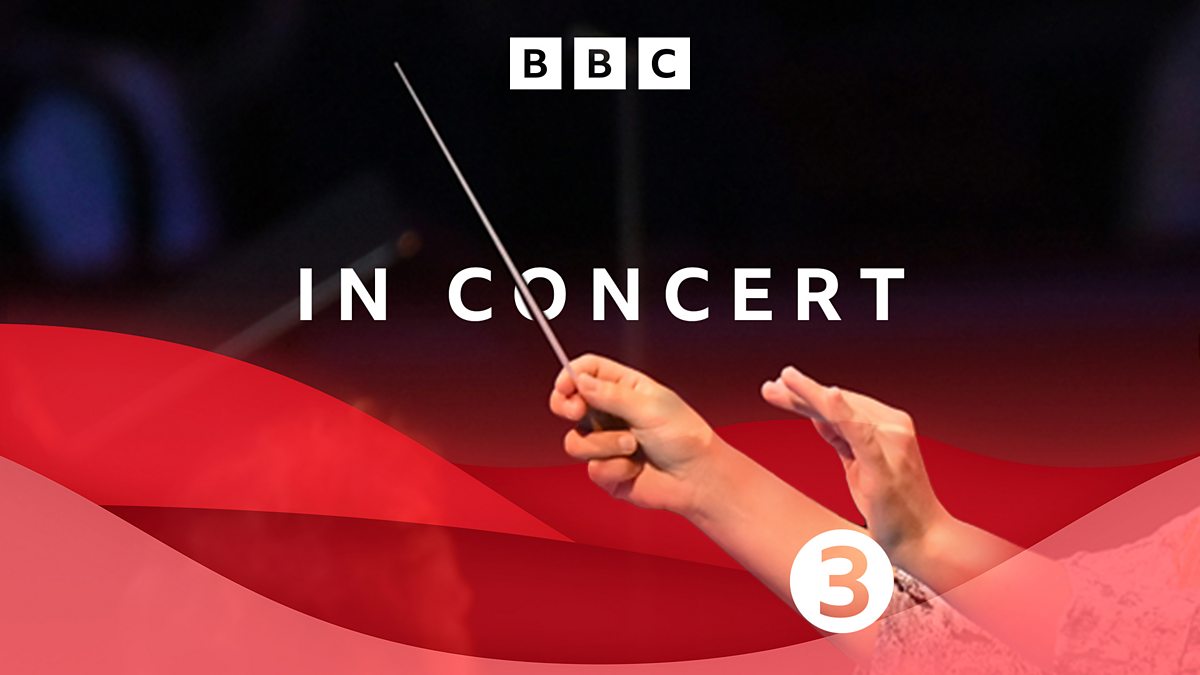I really find it hard when it comes to trying to define genres of music. Pigeon-holing and categorising is only really useful for simplification and perhaps your iPod/music streaming device or how you arrange your LP's/CD's. World music should mean any music from any part of the world but each will apply their own definition - some think of world music as that which is only played on traditional non western instruments, for others it means music from around the world that is based in influence from it's region of origin but incorporates instruments and styles from others including western. The danger of the first definition is that it can lead to a kind of cultural imperialism - keep it in it's place, don't let it broaden it's reach. The danger of the second is that you ignore the traditional and only promote what's new. This is probably true for many genres of music and I hope the point I'm trying to make is clear.
To french frank, I agree Whitacre is not Bach but sometimes you might want to listen to Whitacre and not Bach. And for those who've only heard Whitacre and on being introduced to Bach still prefer Whitacre (not MY viewpoint) then that's still okay isn't it? Populist pap is not a genre of music I have my CD"s filed under.
To french frank, I agree Whitacre is not Bach but sometimes you might want to listen to Whitacre and not Bach. And for those who've only heard Whitacre and on being introduced to Bach still prefer Whitacre (not MY viewpoint) then that's still okay isn't it? Populist pap is not a genre of music I have my CD"s filed under.



 ), but since then others have said the remit should be tightened up - precisely to establish the vaunted 'clear blue water' between R3 and CFM. It doesn't happen.
), but since then others have said the remit should be tightened up - precisely to establish the vaunted 'clear blue water' between R3 and CFM. It doesn't happen.

Comment